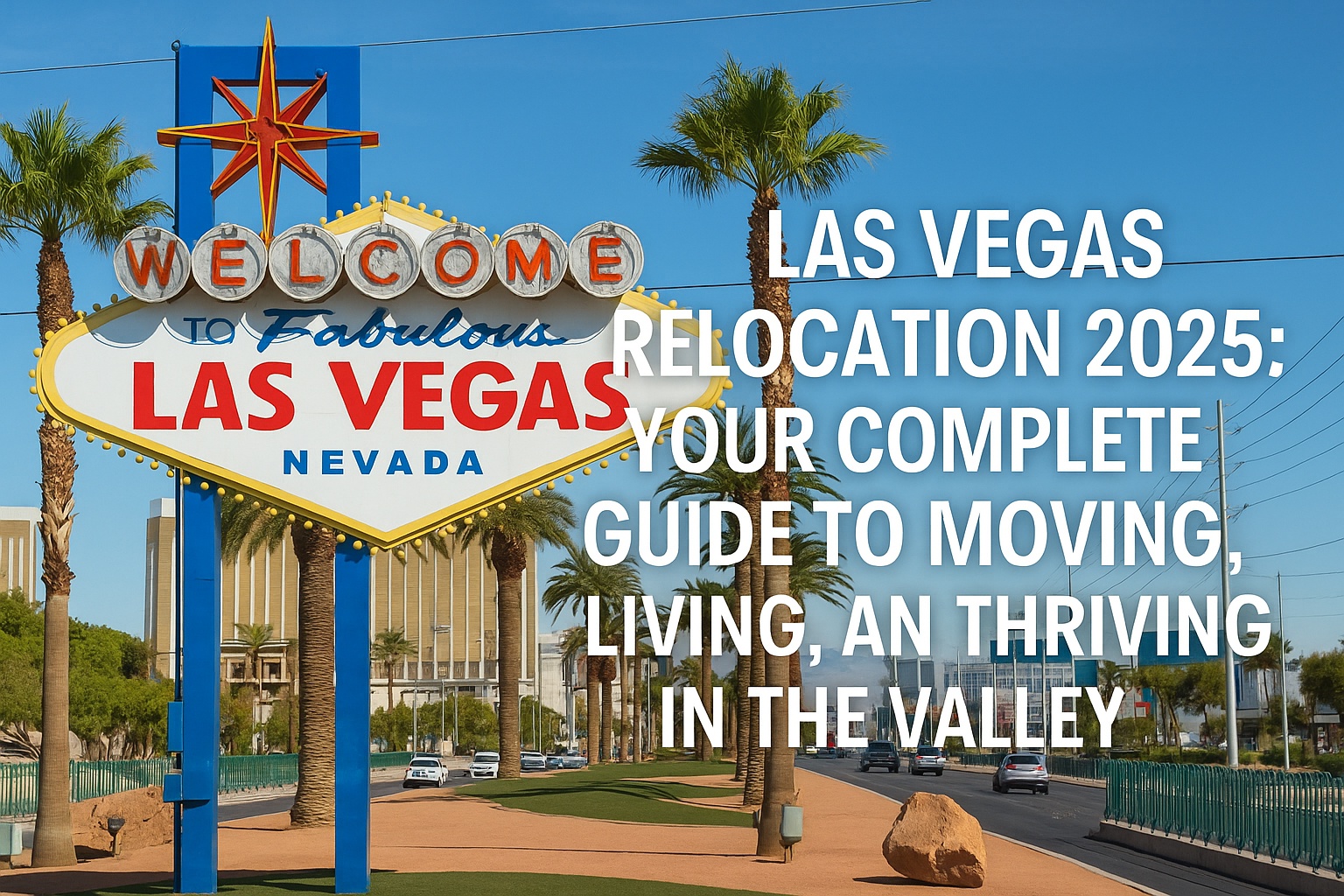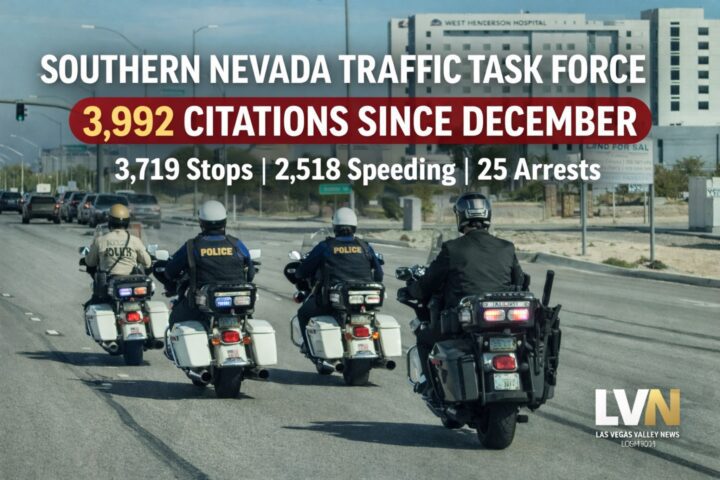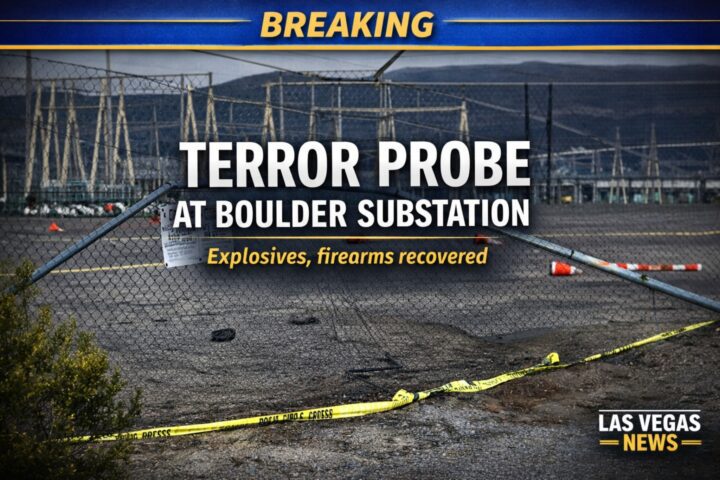Moving to Las Vegas in 2025: Complete Relocation Guide. Bookmarks recommended.
LAS VEGAS (2025) – With Southern Nevada growing faster than almost any other region in the United States, more people are preparing to call Las Vegas home in 2025. From job opportunities and affordable housing to entertainment and lifestyle perks, relocating to the valley has become a top choice for families, professionals, and retirees alike.
Why Las Vegas is Attracting New Residents
According to the Nevada State Demographer’s Office, Clark County’s population is expected to surpass 2.4 million by the end of 2025. Las Vegas is drawing newcomers with its mix of affordability, no state income tax, and year-round sunshine. Compared to major metros like Los Angeles or San Francisco, the cost of living remains more manageable, especially when it comes to housing.
The local economy is diversifying as well. Once heavily dependent on tourism, the region is seeing steady growth in tech startups, healthcare, logistics, and sports entertainment. Recent developments include the expansion of the Las Vegas Convention Center and a surge in construction projects connected to the 2025 FIFA Club World Cup events and the Formula 1 Las Vegas Grand Prix.
Housing and Neighborhoods in 2025
Finding the right neighborhood is one of the biggest decisions for those moving to Las Vegas. Downtown continues to see revitalization projects, with new apartments, condos, and mixed-use spaces. The suburbs—such as Summerlin, Henderson, and North Las Vegas—offer family-friendly housing, parks, and schools.
According to the Greater Las Vegas Association of Realtors, median home prices in mid-2025 hover around $450,000, while rentals for two-bedroom apartments average between $1,400 and $1,800 per month. Housing demand remains high, but new developments in the southwest valley and near Nellis Air Force Base are adding inventory.
Cost of Living and Daily Life
One of the most appealing aspects of relocating to Las Vegas is the overall affordability. Groceries, utilities, and transportation costs rank below the national average. Nevada’s lack of state income tax continues to draw professionals, freelancers, and retirees seeking to maximize income.
Commuting in Las Vegas is easier than in most major cities. While traffic can spike near the Strip during peak tourist events, average commute times remain under 30 minutes for most residents. The Regional Transportation Commission of Southern Nevada (RTC) continues to expand transit options, including express bus services and smart mobility projects.
Entertainment and Lifestyle Advantages
Unlike many U.S. cities, Las Vegas provides world-class entertainment right at your doorstep. Relocating here means access to resident performers, new restaurants, championship sports teams, and cultural attractions.
From Raiders and Golden Knights games to UNLV Rebels sports and entertainment at the Sphere, 2025 brings a packed calendar of events. Locals also benefit from proximity to Red Rock Canyon, Lake Mead, and Mt. Charleston for outdoor recreation just minutes from the city.
Tips for a Smooth Move in 2025
- Plan early: Housing demand is strong; secure a lease or purchase agreement before relocating.
- Budget wisely: While housing costs are rising, everyday expenses remain affordable.
- Know the climate: Prepare for hot summers, mild winters, and low humidity.
- Explore local resources: The City of Las Vegas and Clark County websites offer guides on utilities, permits, and community services.
- Connect with community groups: Local chambers of commerce and neighborhood associations host welcome events for new residents.
Outlook for Newcomers
Las Vegas is more than just the Strip—it’s a growing metropolitan hub offering opportunity, community, and excitement. For newcomers in 2025, relocating to Las Vegas means embracing a city that never stops performing, while enjoying the everyday comforts of a connected, affordable community.



















